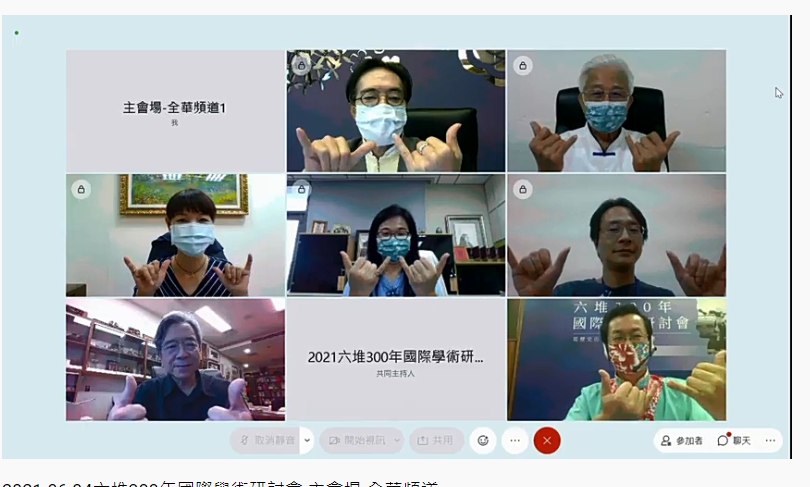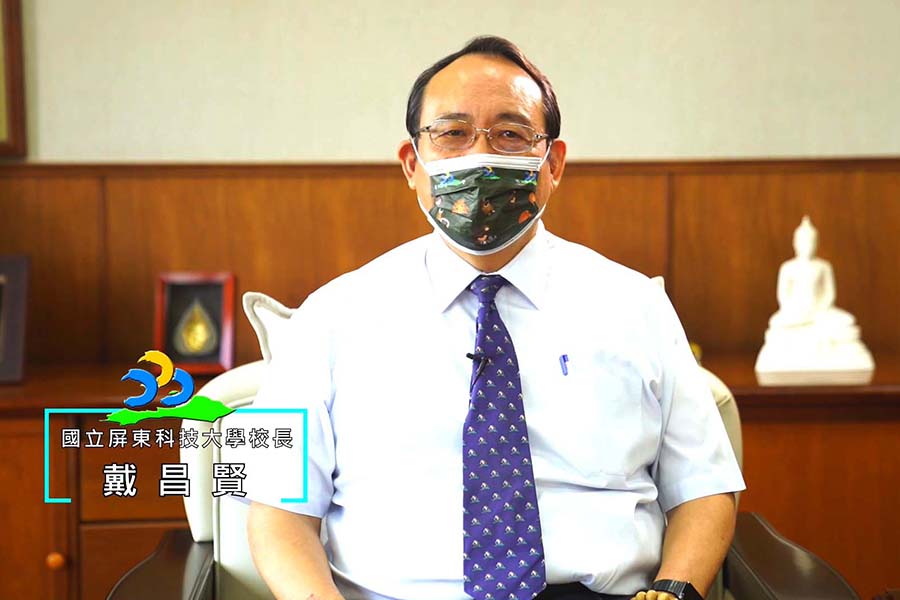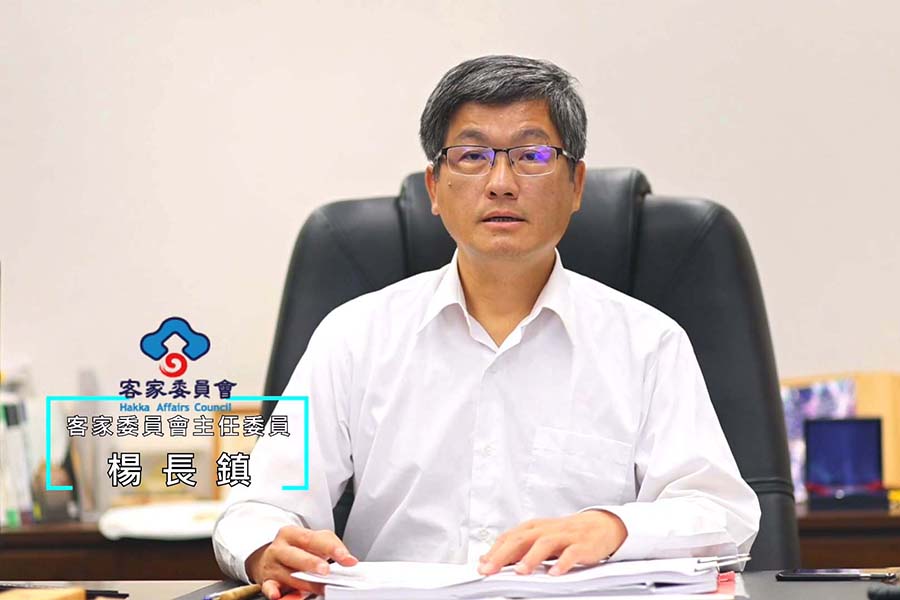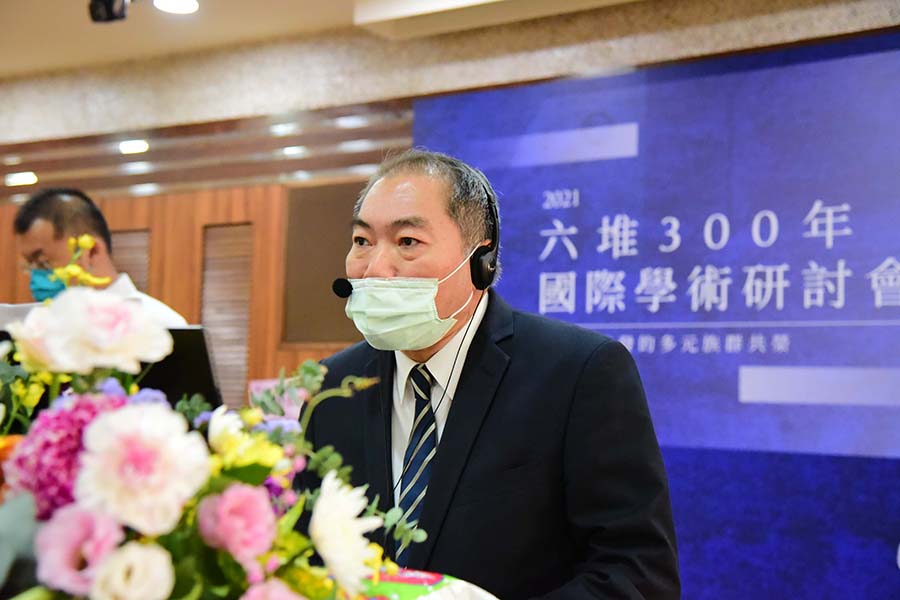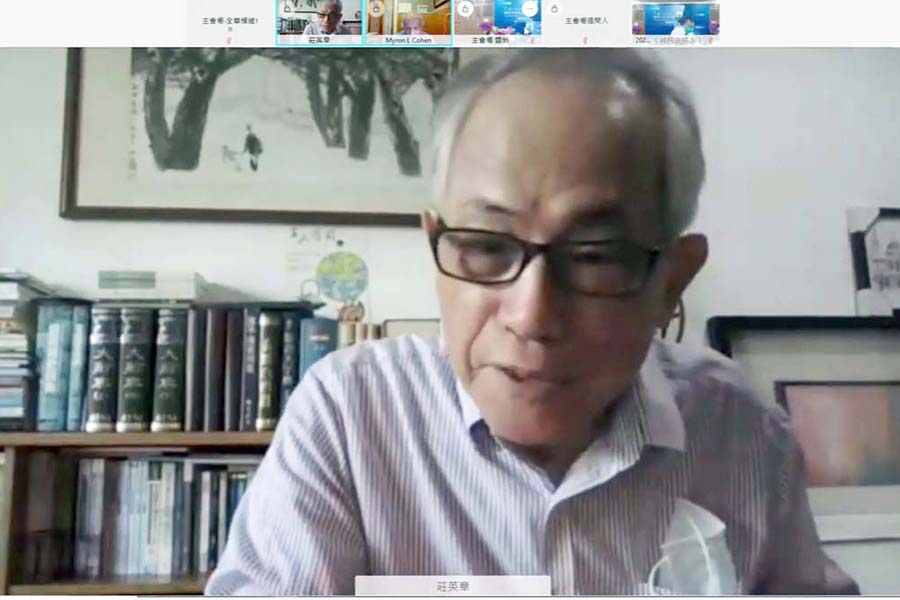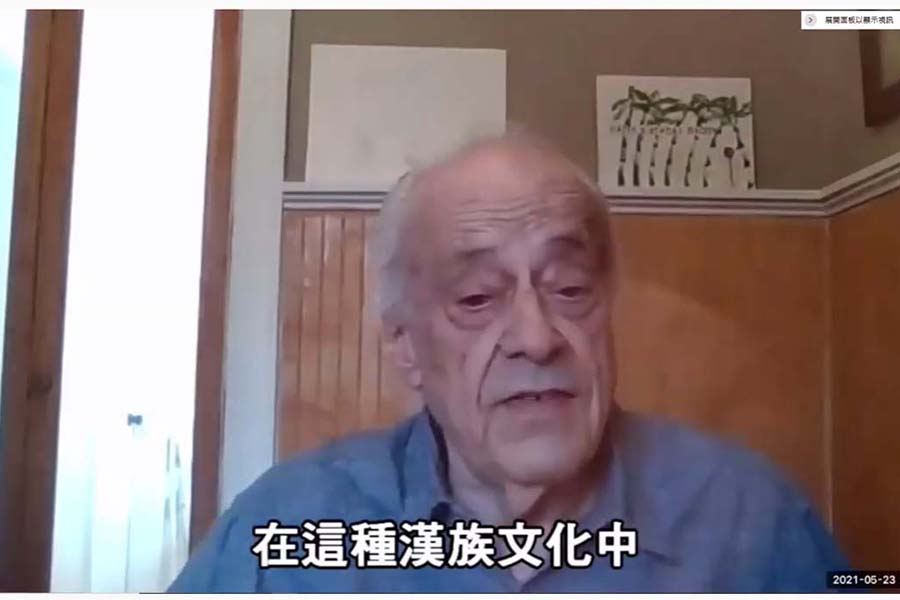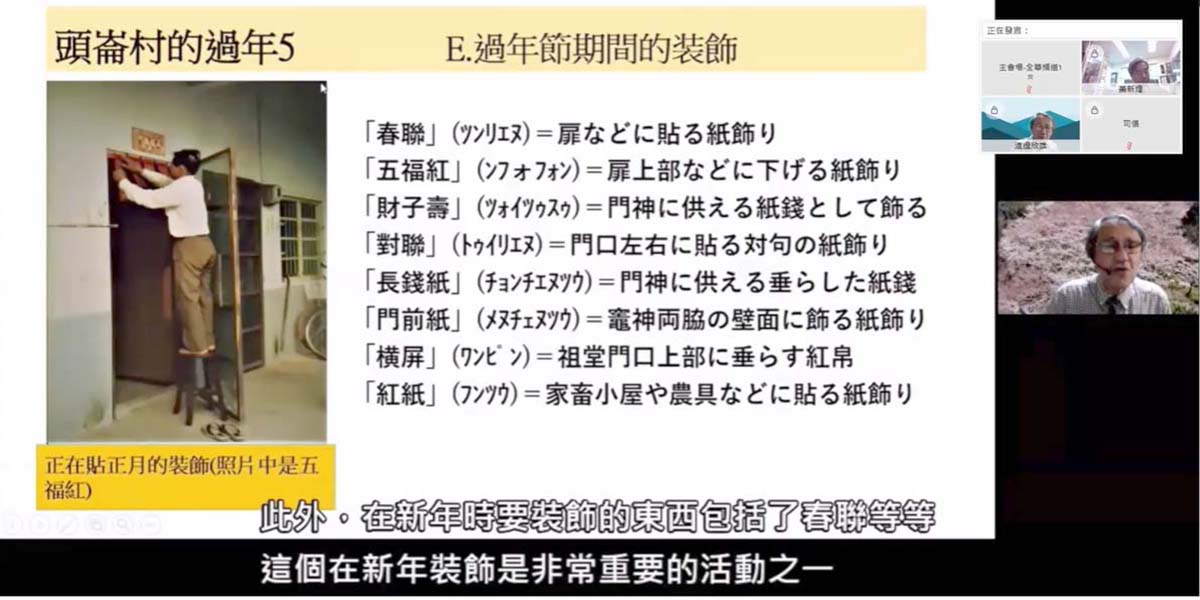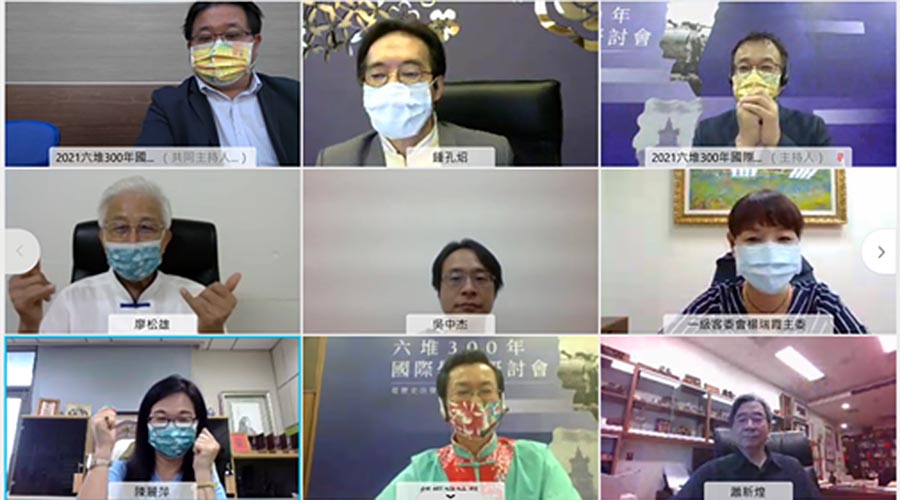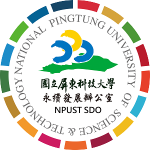This year, to commemorate the 300 year anniversary of Liudui, the Hakka Affairs Council and NPUST cooperated to host the “300 Year Anniversary Research Conference: A History of Prosperity among Diverse Ethnic Groups”. On June 3rd, the opening ceremony was held online, with the internationally renowned scholar, Myron L. Cohen, and former professor of Tokyo Metropolitan University, Yoshio Watanabe, invited to present their research.
Discussions were held on a cultural mosaic of topics and literary contributions including the New Edition of The History of Liudui; the Taiwan Hakkanese Vision for the New Southbound Policy; Geography and Features of Liudui in Taiwan; and The People below Mt. Kavulunga.
Yiong Con-ziin, the Director of the Hakka Affairs Council, delivered remarks stating that “in its 300-year history, although the backdrops of the different generation have changed a great deal, Liudui is identified with the very important formless cultural assets of Taiwan’s history. The online conferences has brought together scholars from home and abroad to share, in hopes of providing different fields of study with more in-depth knowledge of Liudui. We also invited students from elementary through high school to take part in short essay competitions, so that young students will be able to have a more solid foundation in local Taiwan culture, and will be able to transmit that culture to the next generation.”
NPUST President Chang-Hsien Tai said that “in the era of Taiwan’s development, Liudui holds a very important position as witness to the processes of local and island development and ethnic integration. Thanks to the great kindness of the Hakka Affairs Council, our school was entrusted to organize this very significant seminar and to bring together topics from 300 years of history—the customs, culture and industry development of the Hakkanese people in Taiwan. Even though the conference is taking place through conference call, thanks to the promotion of the overseeing agencies and different groups and the efforts of my colleagues at NPUST, we expect that this seminar will become a milestone for Liudui’s next 300 years.”
Liao Sung-hsiung, the convener of Liudui’s 300-year Anniversary, expressed his gratitude, saying “thank you to all the officials at all levels for giving their attention to this event. We are also very grateful to the teams led by President Tai and Director Cheng of NPUST for hosting the event. This academic seminar on Liudui culture has created an opportunity for international scholars and young students to gather online for in-depth discussions, so that together we can create greater understanding.”
The seminar was divided into eight sub-topics including “Changing Ethnic Boundaries and Identification”, “Gender Construction and Cultural Practice”, “Cultural Contact and Immigration Experience”, ” Promotion of Hakka Language, Writings, Culture and Education”, ” Exhibition and Reconstruction of Cultural Assets ” “Cultural Heritage and Historical Memory”, “Liudui Sightseeing and New Industries”, and “Hakka Decedents in Liudui”. A number of foreign and domestic experts and scholars, including Hsu Cheng-kuang (the first prize winner of the Hakka Affairs Professional Medal), Chong Siou Wei (Dean Chinese Studies, Universiti Tunku Abdul Rahman, Malaysia), and Wei-An Chang (Professor and Director of the Center for General Education, National Chiao Tung University) also provided academic presentations on their work in the field.
The conference was a two-day affair, with a total of eight sessions and 25 papers presentations. A wide variety of knowledge was shared, from the origins of the name “Liudui”, to the building of canals and the reclaiming and settling of the land. While maintaining its own traditional culture, residents of Liudui developed a diverse, peaceful and co-prosperous relationship with the surrounding ethnic groups. Looking back at these past experiences and reflecting the history of Liudui, the conference was not only an opportunity to share research, but will hopefully also inspire new forms of common prosperity among ethnic groups for many years to come.
The winning entries from the student competitions can be seen at:



